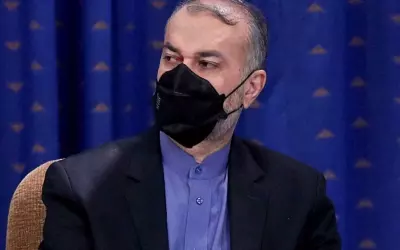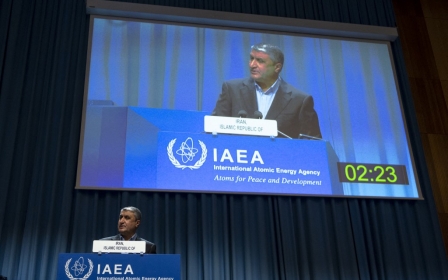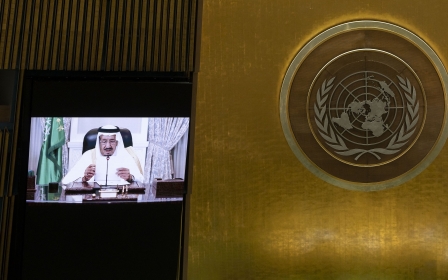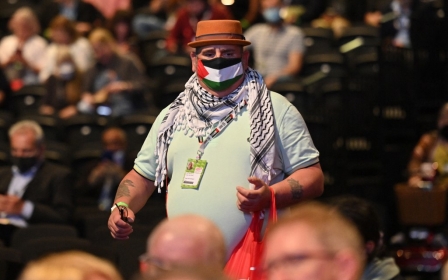UN: Bennett says Iran's nuclear programme and Israel's tolerance at 'watershed moment'
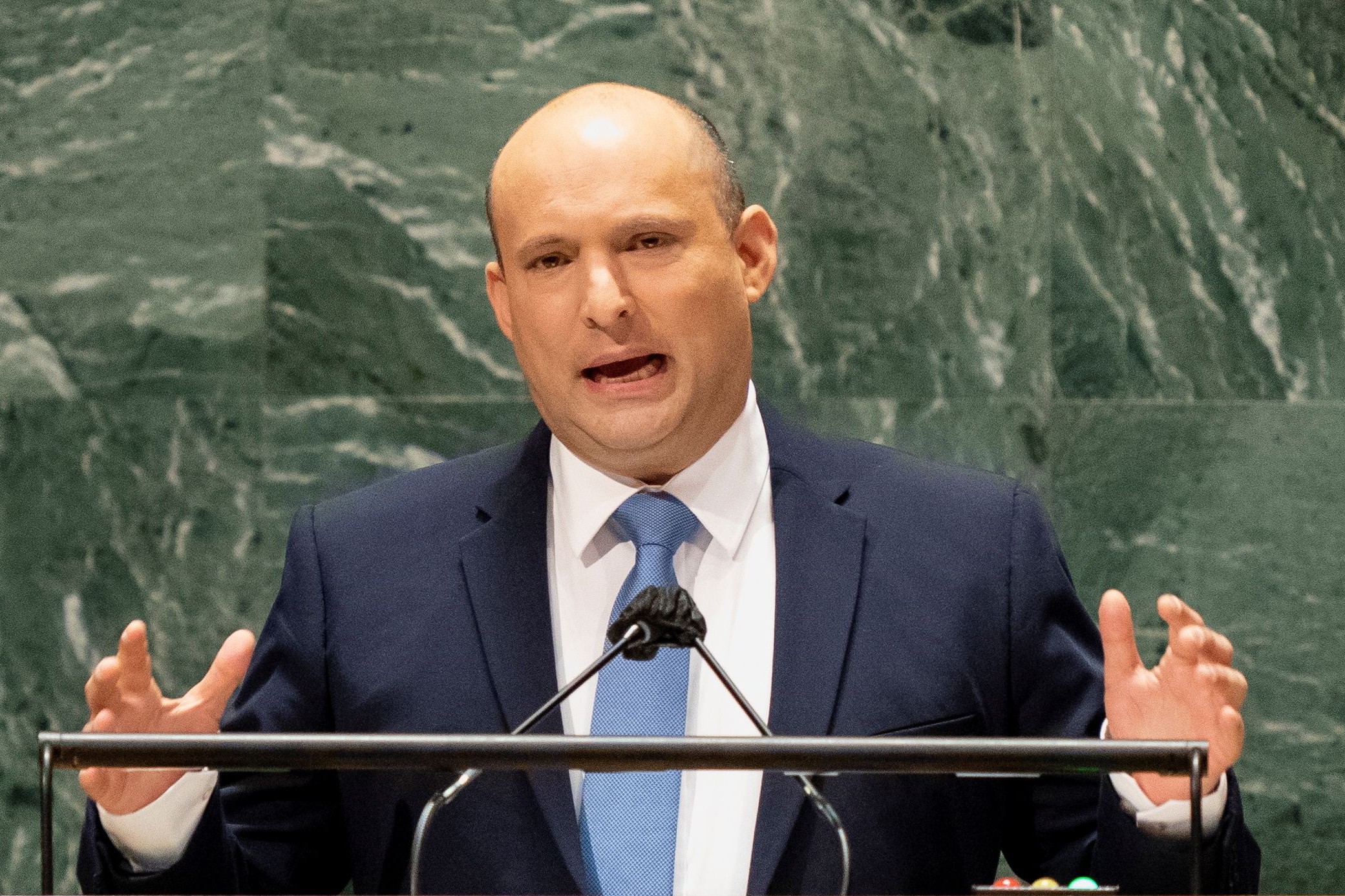
Israeli Prime Minister Naftali Bennett warned on Monday that Iran's nuclear programme, along with Israel's tolerance, had hit a "watershed moment" and that his administration would not allow Tehran to acquire a nuclear weapon.
Speaking at the United Nations General Assembly for the first time, the far-right prime minister said Iran sought to dominate the Middle East under a "nuclear umbrella" and urged a more concerted international effort to halt Iran's nuclear activities.
"Iran's nuclear programme has hit a watershed moment and so has our tolerance," Bennett said. "Words do not stop centrifuges from spinning."
"All red lines have been crossed," he added.
Bennett, who in June ended former prime minister Benjamin Netanyahu's 12-year tenure in office, has opposed the Biden administration's efforts to revive the 2015 Iran nuclear deal that former US President Donald Trump abandoned in 2018.
Indirect talks in Vienna have stalled since June, when Iran elected its new hardline president, Ebrahim Raisi.
In his UN address, Bennett struck a less combative tone than Netanyahu, who often relied on props and visual aids to dramatise his accusations against Iran. In 2012, the former Israeli premier held up a poster of a cartoon bomb and drew a literal red line with a marker to symbolise Iran's nuclear activities.
Still, he has pledged to do whatever is necessary to prevent Iran from building a nuclear weapon which Iran consistently denies pursuing.
"We will not tire. We will not allow Iran to acquire a nuclear weapon," he said.
Last week, Iranian Foreign Minister Hossein Amir-Abdollahian said Tehran would return to nuclear negotiations "very soon", while US Secretary of State Antony Blinken told reporters that time was running out to save the accord. Iran maintains that its nuclear programme is for peaceful purposes.
Two-state solution
Also absent from his address to the international body was any mention of Palestinians or the Israeli-Palestinian conflict. Israel's ambassador to the UN said earlier this month that the current Israeli government "believes that it's not currently achievable" - referring to the two-state solution.
In his UN speech last week, US President Joe Biden declared Washington's support for the two-state solution after Trump distanced himself from that longstanding tenet of American policy, but said "we're a long way from achieving that goal".
On Friday, Palestinian President Mahmoud Abbas accused Israel of destroying the two-state solution with actions he said could lead Palestinians to demand equal rights within one binational state comprising Israel, the occupied West Bank and Gaza.
Bennett, however, focused instead on Israel's US-brokered normalisation agreements with the United Arab Emirates (UAE), Bahrain and Morocco, saying "more is to come" without going into specifics.
"Alongside our old friends, we are gaining new friends - in the Middle East and beyond," he said.
Palestinian officials have said they felt betrayed by their Arab neighbours for reaching deals with Israel without first demanding progress toward the creation of a Palestinian state.
Bennett, who presides over a fragile coalition government, has previously ruled out the creation of a Palestinian state and said his administration would continue expanding existing illegal Israeli settlements in the occupied territories.
Middle East Eye delivers independent and unrivalled coverage and analysis of the Middle East, North Africa and beyond. To learn more about republishing this content and the associated fees, please fill out this form. More about MEE can be found here.


